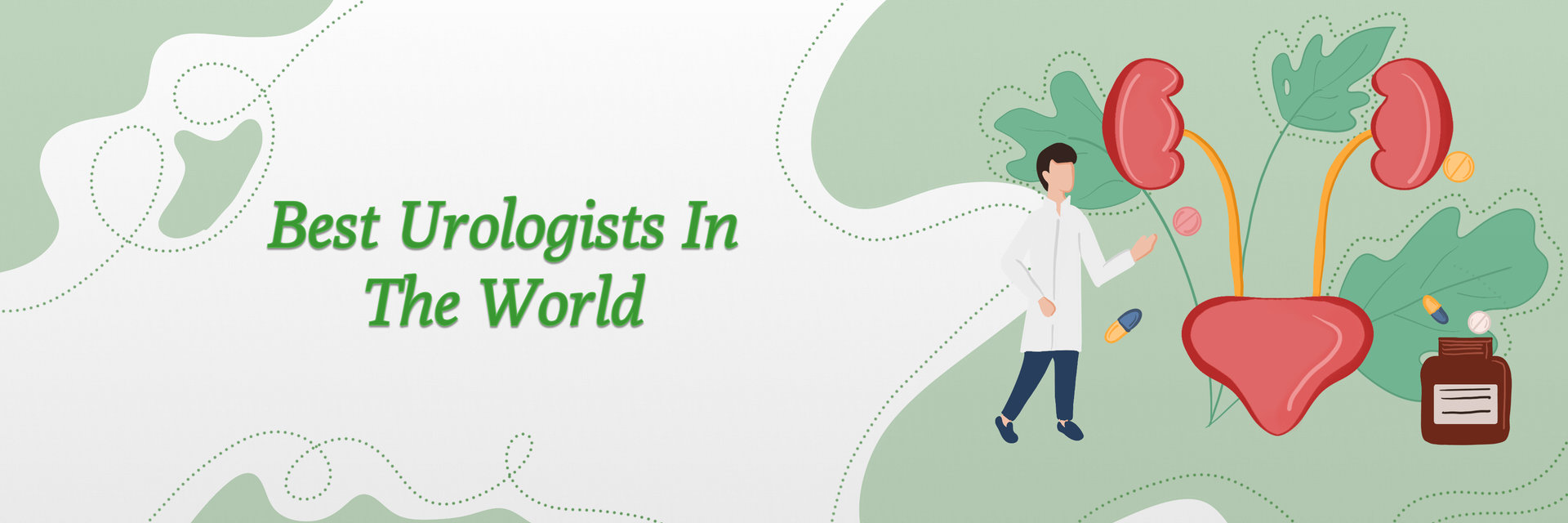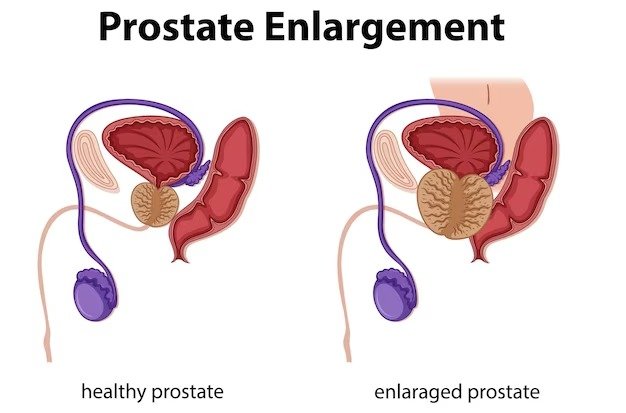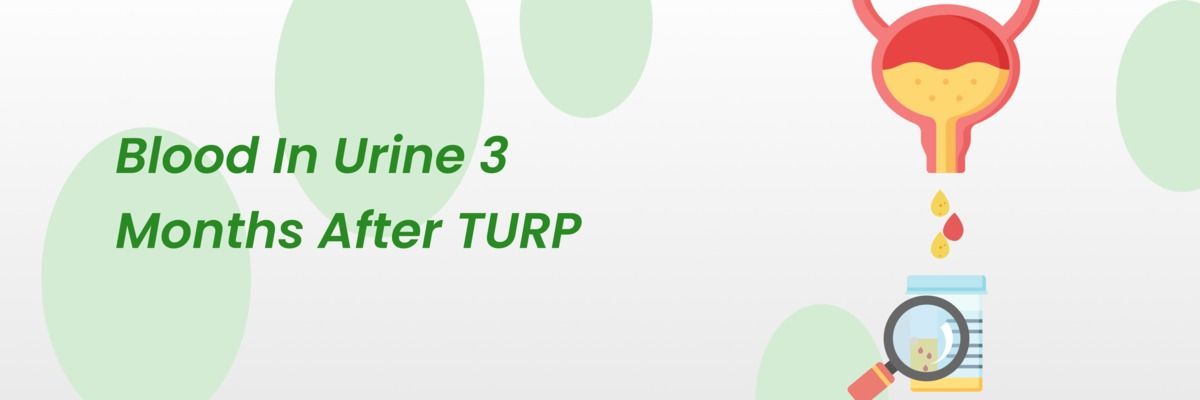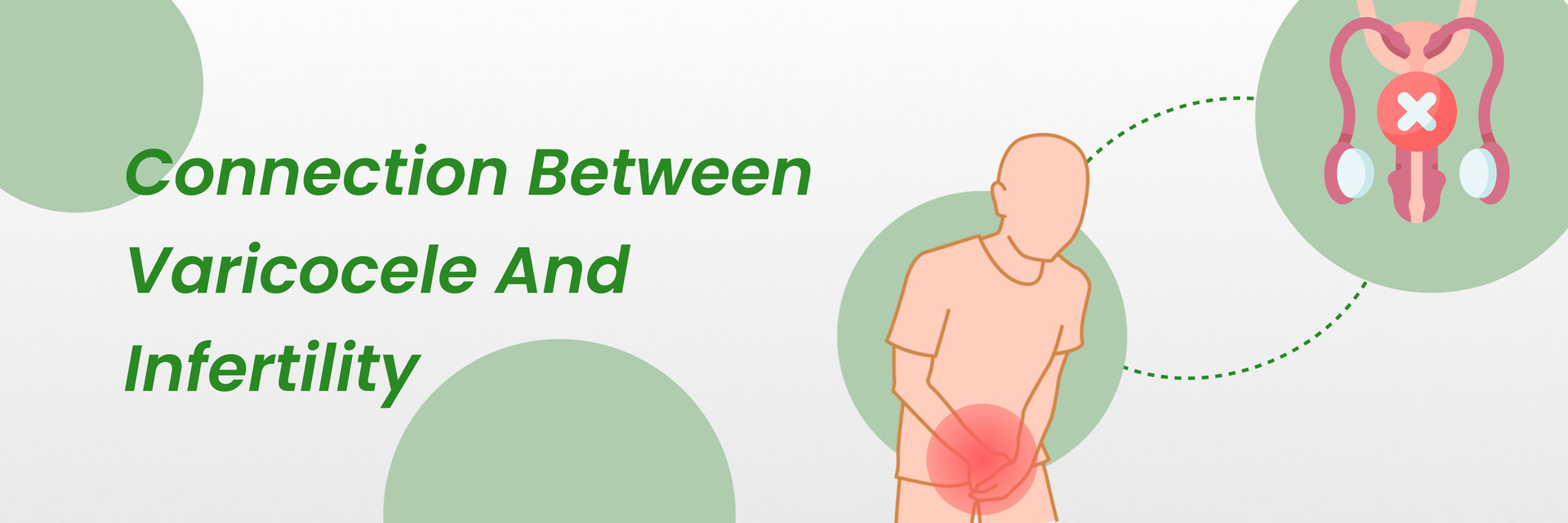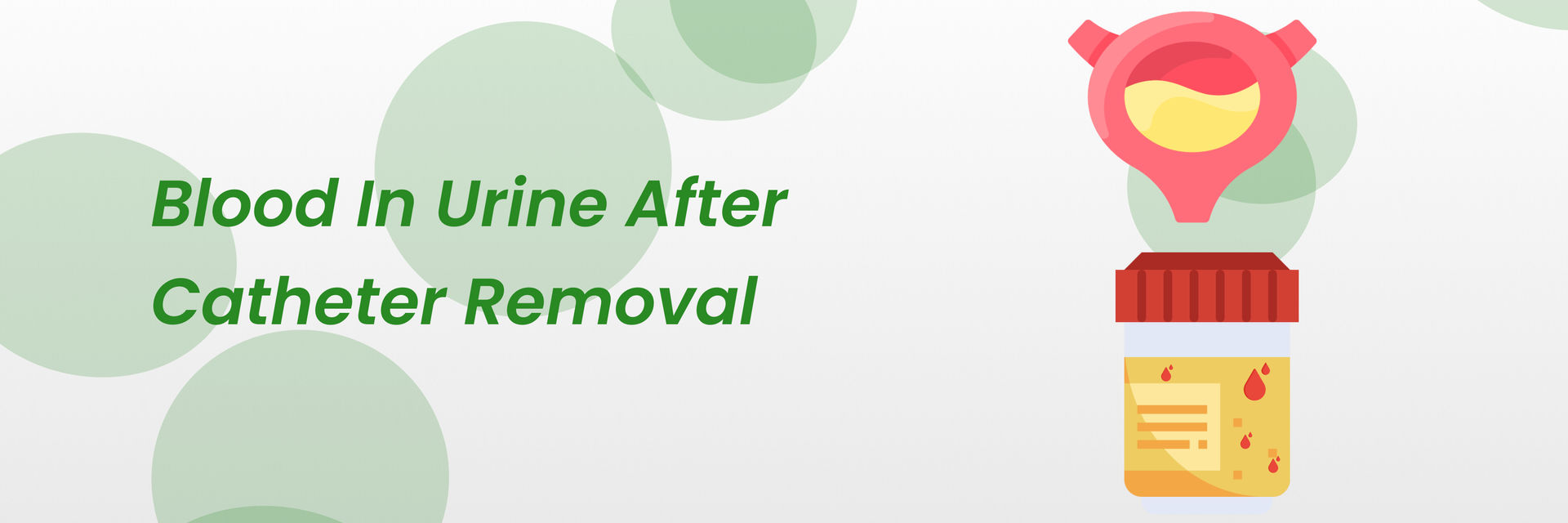It is common to experience slight bleeding after kidney stone removal. There will be a slight amount of blood present in your urine after the surgery. This is seen for a few days or weeks. You might also encounter discomfort or nausea. These symptoms can occur shortly after the treatment. They can sometimes stay up to a period of 4 to 8 weeks.
Before looking into other aspects like risks and treatment, let's see what factors cause the bleeding!!
What factors contribute to bleeding after kidney stone removal?
After getting rid of a kidney stone, there are a few things that can make you bleed. These include:
These things can be different for each person, so how much you bleed can vary. It's normal to have some bleeding, but if you're worried, it's best to talk to a doctor about it.
Your health is too important to ignore – schedule your appointment now.

Don’t worry, it is completely normal!
Is bleeding after kidney stone removal considered normal?
Yes, it's normal to have some bleeding after kidney stone removal. When the stone is taken out, it can hurt the tissues in the urinary tract, which can cause bleeding. The amount of bleeding can be different for each person. It depends on things like the size and place of the stone, the kind of procedure used, and how healthy the person is. Most of the time, the bleeding is not too much and the pee may look pink or reddish. This is called "hematuria."
While bleeding is normal, it's important to pay attention to the color and amount of blood in the pee. If you see a lot of blood or it looks very dark, you should tell the doctor because you might need medical help.
To sum it up, bleeding after kidney stone removal is common and nothing to be too worried about. The doctor will keep an eye on your situation and let you know what to do if you have any bleeding or when to get medical help if necessary.
Yes, one of the most important things to know is the symptoms. Carefully read them to get medical help on time!
What are the signs and symptoms of bleeding after kidney stone removal?

Here are the signs and symptoms to look out for if you think you're bleeding after kidney stone removal:
- Peeing blood: If you see that your urine is pink, red, or has blood in it, that could mean you're bleeding.
- Needing to pee more often : If you feel the need to go to the bathroom more often or , it could be a sign of bleeding.
- If you feel pain or discomfort in your lower belly, back, or sides, it could be a sign that there is bleeding after the kidney stone removal.
- Passing blood clots: If you notice blood clots in your urine, it could mean there's more bleeding.
- Feeling dizzy or lightheaded: Sometimes, too much bleeding can make you feel dizzy or lightheaded. If this happens, it's important to get medical help.
If you see any of these signs or have any of these symptoms, it's important to tell your doctor. They can check your condition and decide if you need more medical care.
Take charge of your health and your life. Contact us today!
How is bleeding after kidney stone removal diagnosed?

To find out if there is bleeding after kidney stone removal, doctors use different methods:
- Visual examination: The doctor will ask about your symptoms and check your urine for blood. They may want you to give a urine sample for testing.
- Imaging tests: The doctor may use ultrasound, CT scan, or X-ray to get pictures of your kidneys, bladder, and urinary tract. These tests can show if there is any bleeding or other problems.
- Blood tests: Blood tests can be done to check your hemoglobin levels and other things in your blood. This helps to see if there is significant bleeding.
- Cystoscopy: Sometimes, the doctor may do a cystoscopy. They will put a thin tube with a camera into your urethra to look inside your bladder and urinary tract. This can help them see where the bleeding is coming from and how severe it is.
After using these methods, the doctor will be able to tell if there is bleeding after the kidney stone removal and what might be causing it. They will then suggest the right treatment or more tests if needed.
Remember, it's important to talk to your doctor about any symptoms or concerns you have so they can figure out if there's any bleeding and what to do about it.
Now read below to find out the answers you've been seeking since the start of this blog: What are the treatment options?
What are the available treatment options for bleeding after kidney stone removal?

If you have to bleed after kidney stone removal, here are some possible treatments:
- Watching and taking care: Often, minor bleeding goes away on its own. The doctor may tell you to rest, drink lots of fluids, and keep an eye on the bleeding. They will tell you what to watch for and when to get help if needed.
- Medications: Depending on how bad the bleeding is, the doctor may give you medicines to help control it. These medicines can help blood clot or reduce inflammation in the urinary tract.
- Special procedures: If the bleeding is more serious or doesn't stop, the doctor may suggest special procedures. This can include using a stent or catheter to control the bleeding or using certain substances to stop it.
- Surgery: In rare cases where the bleeding is very severe or other treatments don't work, surgery might be needed. This is a more invasive procedure to address and control the bleeding.
The choice of treatment depends on how bad the bleeding is and what's causing it. The doctor will look at your situation and suggest the best treatment option.
Remember to talk to your doctor about any symptoms or concerns you have. They will help you decide on the right treatment for your situation.
Can bleed after kidney stone removal lead to complications?

Sometimes, bleeding after kidney stone removal can cause complications, but it is not very common. Here are a few things that could happen:
- Excessive bleeding: In rare cases, the bleeding may be too much and last for a long time. This can lead to significant blood loss and may need medical treatment or a blood transfusion.
- Blood clots: Sometimes, blood clots can form in the urinary tract because of the bleeding. These clots can block the flow of urine and cause discomfort or pain. If the clots are big or don't go away, you might need medical help to remove them.
- Infection: Bleeding can create an environment where bacteria can grow, which can lead to a urinary tract infection. This can cause pain when you pee, frequent trips to the bathroom, and a fever. If you have these symptoms, it's important to see a doctor.
- Anemia: If there is too much bleeding, it can make you anemic. Anemia means you don't have enough red blood cells in your body, and it can make you feel tired, weak, or short of breath. If you feel these things, you should tell your healthcare provider.
Now that you know the causes, symptoms, and treatments, you should know what should be the precautionary measures! Read below to find out!
How can the risk of bleeding after kidney stone removal be minimized?

To lower the risk of bleeding after kidney stone removal, here's what you can do:
- Follow your doctor's instructions: Do exactly what your doctor tells you to do after the surgery. Take the prescribed medications, eat the recommended foods, and follow their advice on what activities to avoid.
- Drink plenty of water: Stay hydrated by drinking lots of water. It helps flush out your urinary system and helps you heal faster. It can also prevent new kidney stones from forming.
- Avoid heavy activities: Don't do any strenuous exercises or heavy lifting right after the procedure. Take it easy and get back to your normal activities as your doctor suggests.
- Be cautious with medications: Let your doctor know about all the medications you take. Some drugs like blood thinners or painkillers can increase the chance of bleeding. Your doctor will advise you on whether to adjust or stop taking them.
- Keep an eye out for warning signs: Be aware of any unusual symptoms such as more pain, a lot of bleeding, passing large blood clots, or dark urine. If you notice any of these, tell your doctor right away.
- Keep in touch with your doctor: Go to your follow-up appointments and tell your doctor if anything changes or if you have any concerns. They'll keep an eye on your progress and help you if there are any problems.
Your well-being is our priority - call us to book your appointment today
Remember, everyone's situation is different, so it's important to talk to your doctor about what you should do. By following their advice and taking precautions, you can lower the risk of bleeding after kidney stone removal.
How long does it take to recover from bleeding after kidney stone removal?

The time it takes to recover from bleeding after kidney stone removal can vary. In mild cases, it usually takes a few days to a week to feel better. Resting, drinking lots of fluids, and avoiding strenuous activities can help with recovery. If the bleeding is more severe or lasts longer, it may take longer to recover and extra treatments may be needed. It's important to stay in touch with your doctor during the recovery process and let them know if you have any concerns. They will guide you on when you can go back to your normal activities. Remember, everyone's recovery is different, so be patient and take care of yourself as you heal.
What are the potential long-term implications of bleeding after kidney stone removal?

The long-term effects of bleeding after kidney stone removal can vary. Here are a few possibilities:
- Natural healing: Most of the time, the bleeding stops on its own and doesn't cause any long-term problems. The body has a natural healing process, and the bleeding usually goes away as the tissues heal.
- Infection: Sometimes, if the bleeding is severe or if there's an infection, it can lead to complications like a urinary tract infection. This may need extra treatment to clear the infection and prevent further problems.
- Scar tissue: In some cases, repeated or prolonged bleeding can cause scar tissue to form in the urinary tract. This can make it harder for urine to flow properly and might need further treatment to remove or fix the scar tissue.
- Kidney damage: It's rare, but in severe cases of prolonged bleeding, there's a small risk of kidney damage. This can affect how well the kidneys work and might need ongoing monitoring and treatment.
It's important to remember that these long-term effects are not very common. Most people don't experience any lasting problems from bleeding after kidney stone removal. Just make sure to stay in touch with your doctor, follow their advice, and let them know if you have any concerning symptoms.
Reference-
https://bmcurol.biomedcentral.com/articles/10.1186/1471-2490-2-10
https://www.hcf.com.au/preparing-for-hospital/kidney-stone-surgery/aftercare
https://www.ncbi.nlm.nih.gov/pmc/articles/PMC5329700/
